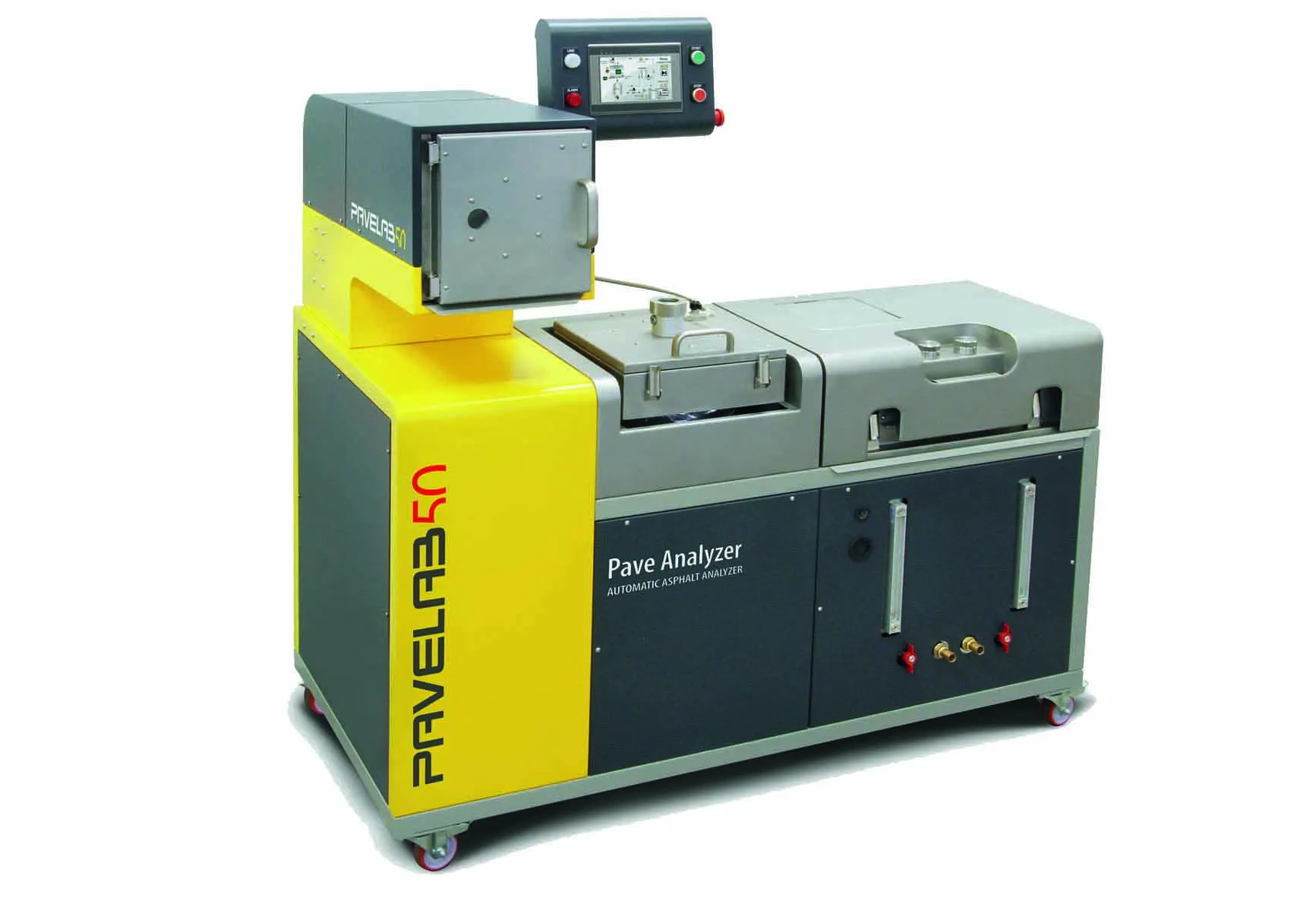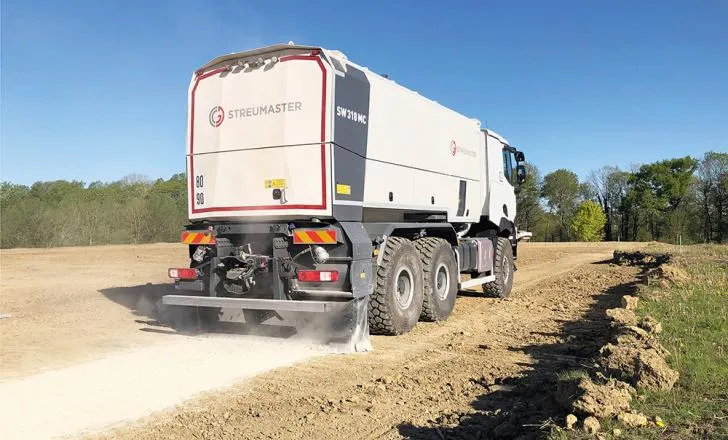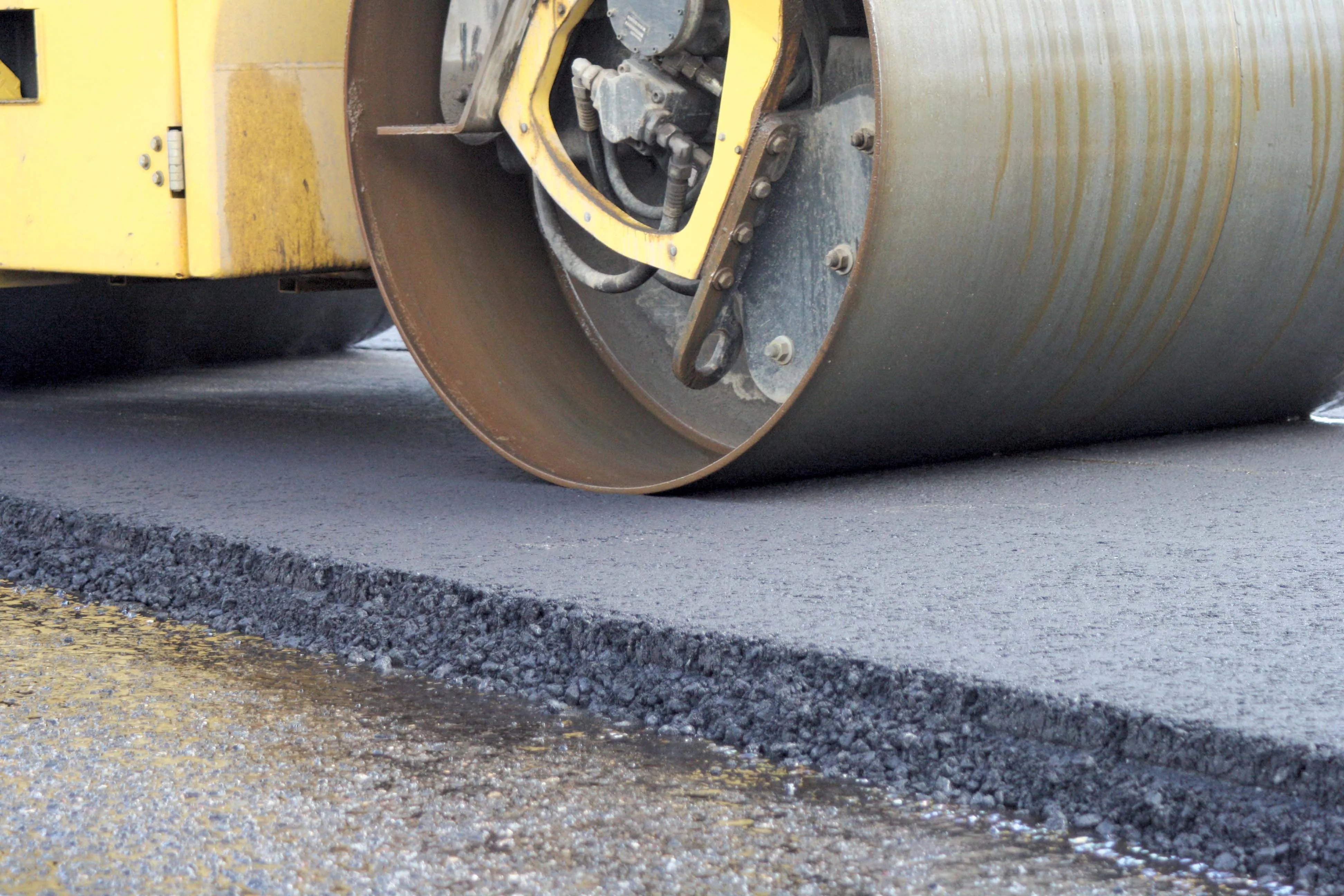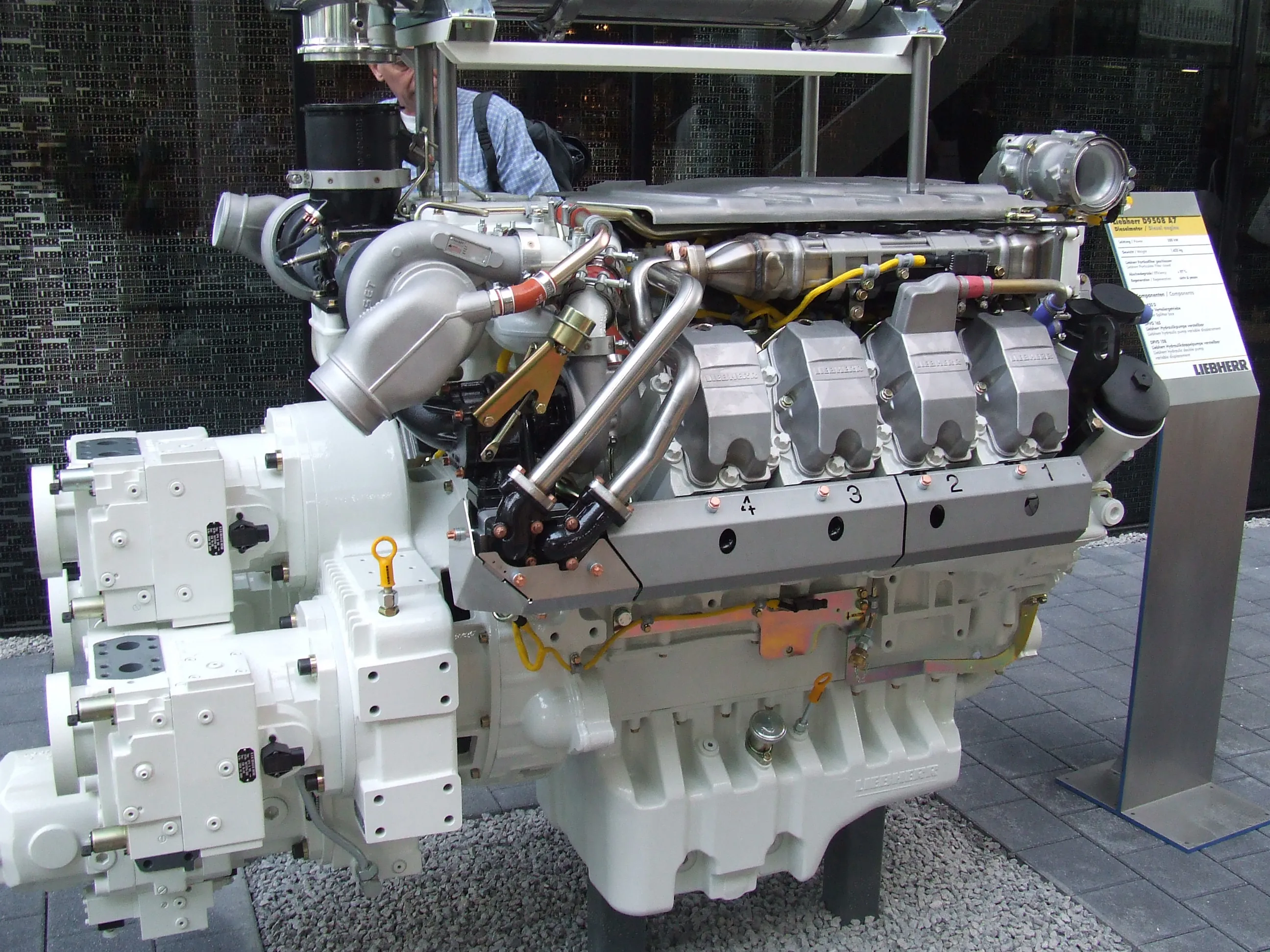IPC Global has launched thermal asphalt multi-test system TSRSTplus, a compact modular machine which allows engineers to accurately perform four tests that characterise the resistance of asphalt mixtures to low-temperature cracking. The results can assist in pavement design and structural analysis to reduce thermal cracking and improve the life cycle performance of asphalt pavements. It is the only commercially available low temperature uniaxial testing machine with three test stations. The ability to test
April 11, 2013
Read time: 2 mins
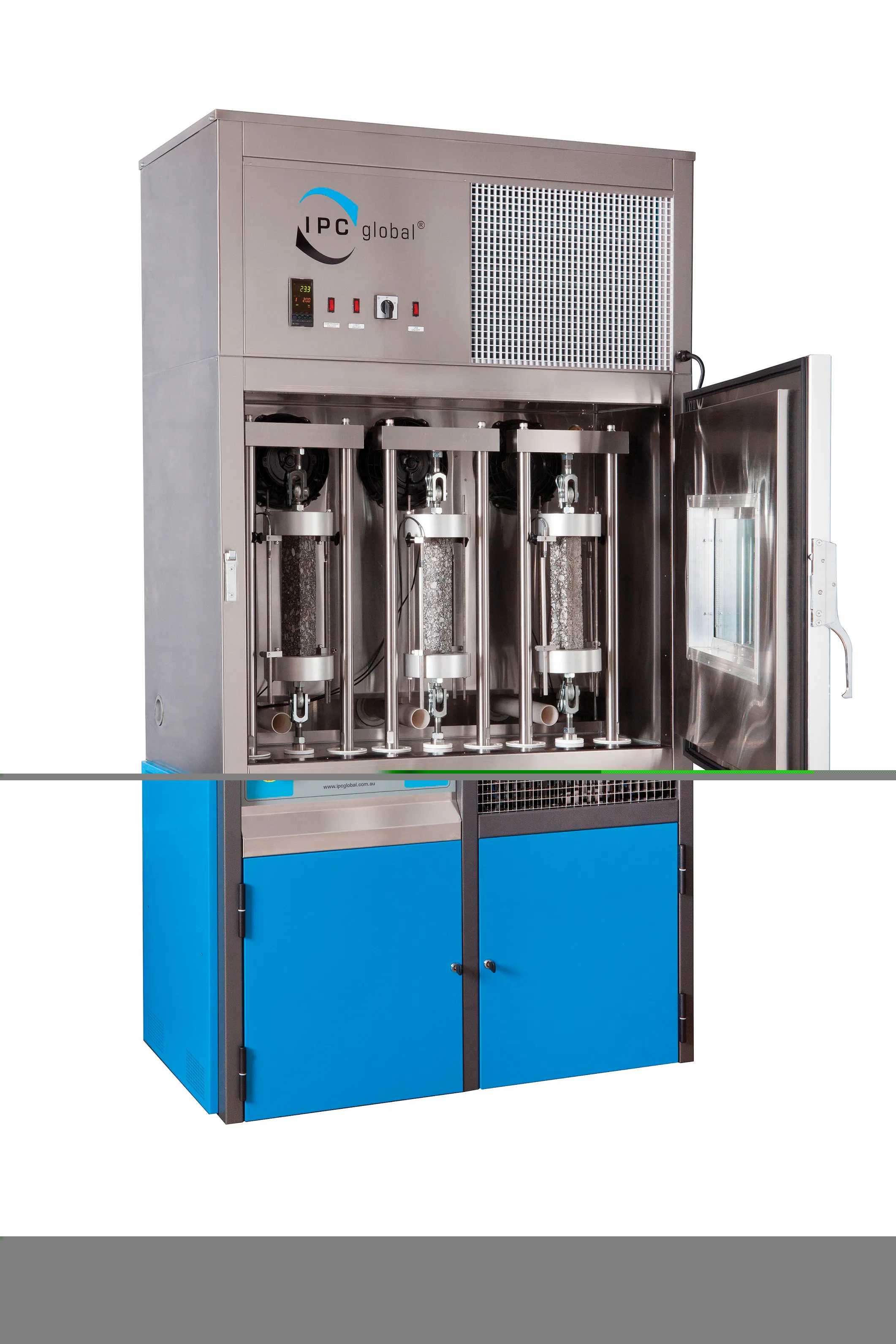
The results can assist in pavement design and structural analysis to reduce thermal cracking and improve the life cycle performance of asphalt pavements.
It is the only commercially available low temperature uniaxial testing machine with three test stations. The ability to test up to three asphalt variants simultaneously under exactly the same temperature conditions ensures that test results are meaningful whilst saving time and resources in the laboratory.
TSRSTplus can test to both AASHTO TP10-93 and EN Standard 12697-46 and comes ready to test Thermal Stress Restrained Specimen Test (TSRST) Uniaxial Tension Stress Test (UTST), Tensile Creep Test (TCT) and Relaxation Test (RT). “This fully integrated system provides users with a cost-effective solution compared to similar servo-hydraulic UTM systems,” said IPC.
IPC Global’s TSRSTplus uses a high quality mechanical refrigeration system to economically cool the chamber down to -40°C. An innovative servo-pneumatic actuator configuration coupled with special application high performance servo valves ensures perfect performance, reliability and accuracy, says IPC.
Integrated into the TSRSTplus is IPC Global’s Multi-Axis Control System (IMACS) delivering real-time computer control and flexible data acquisition. This is paired with IPC Global’s UTS Software.


